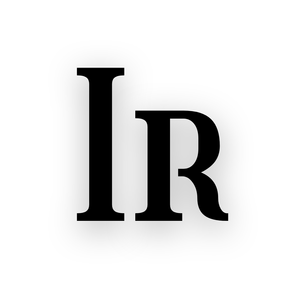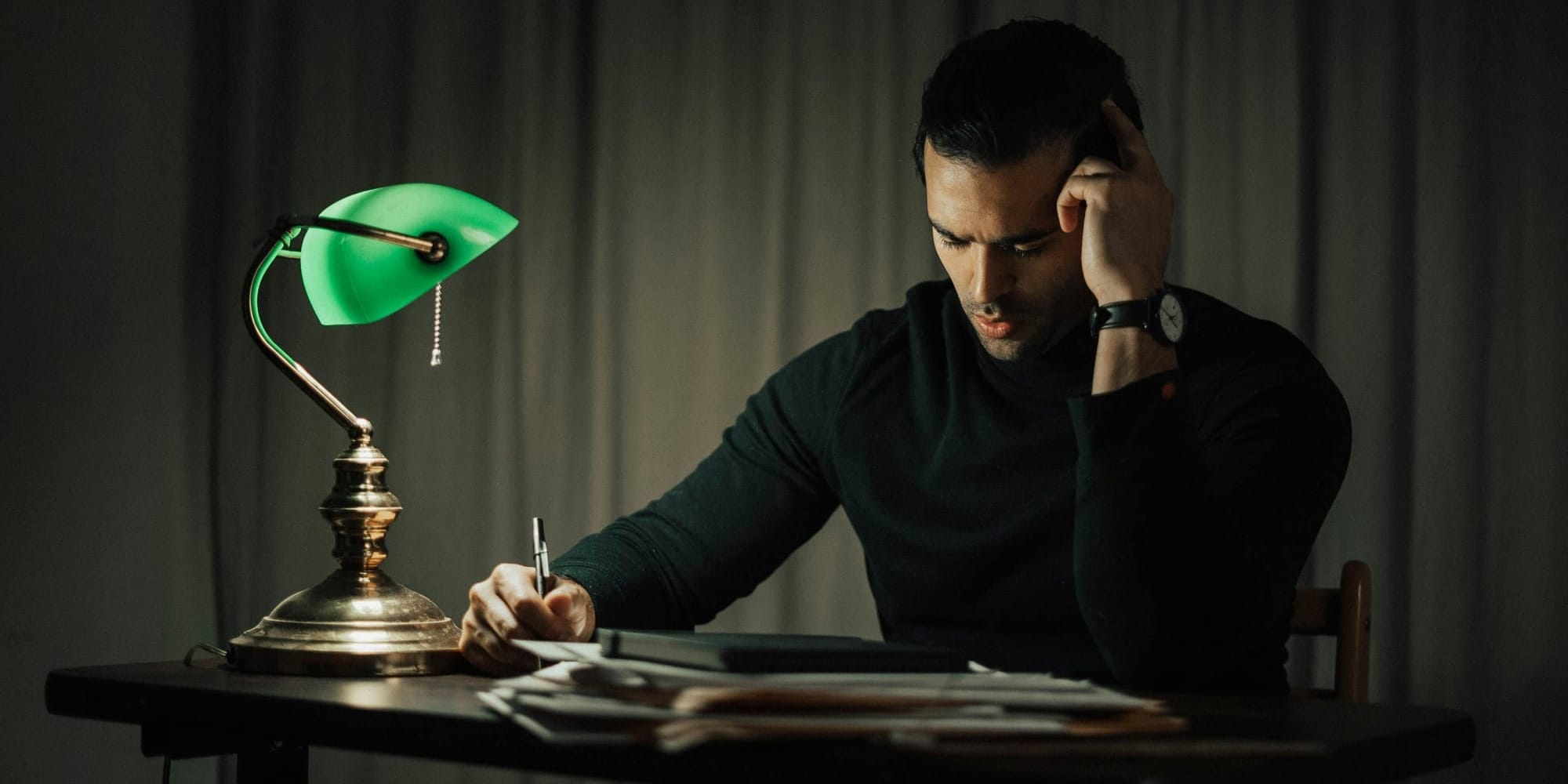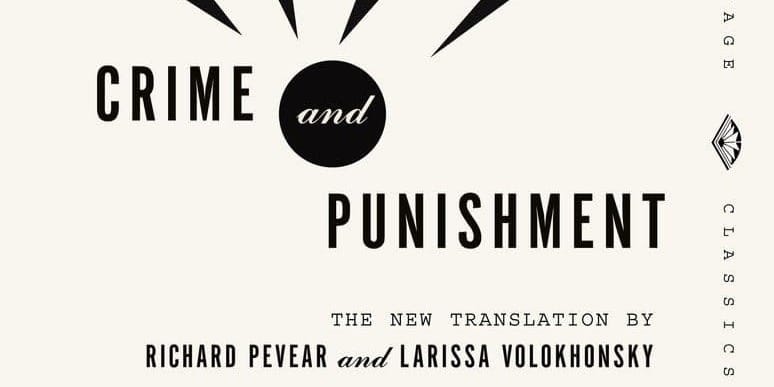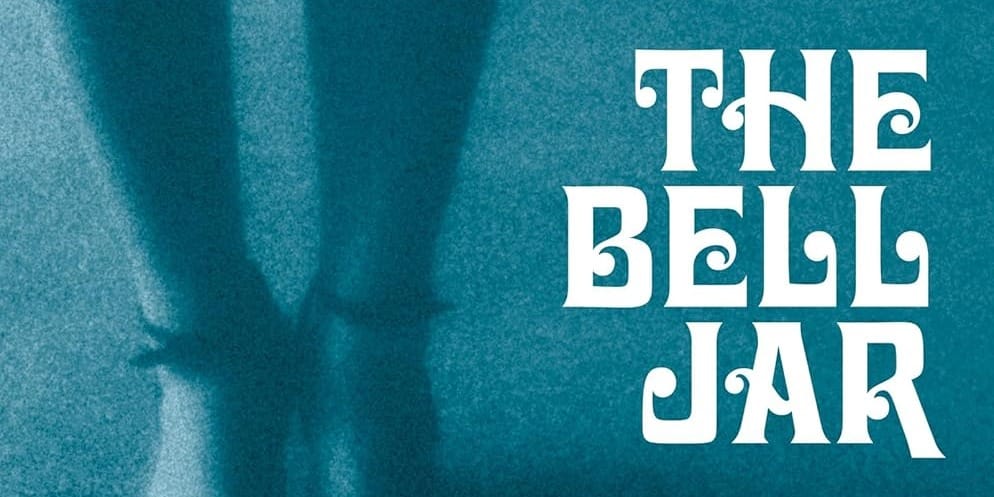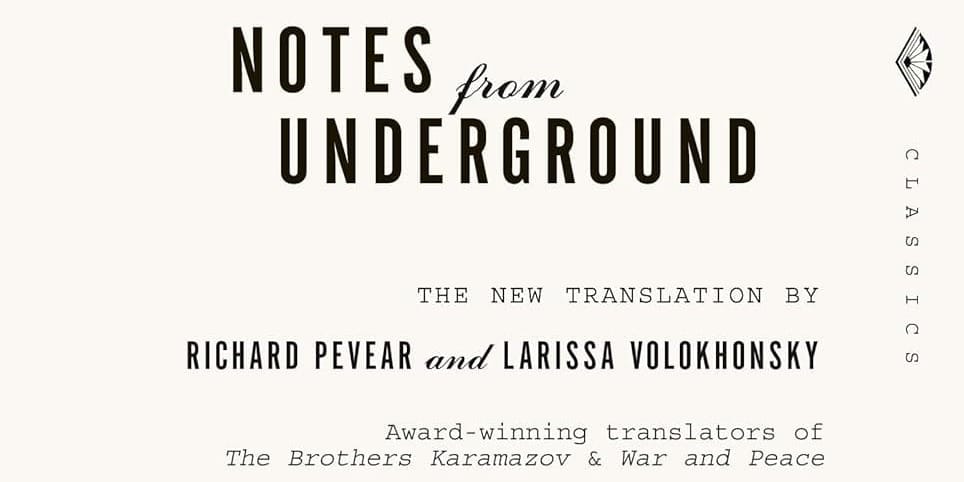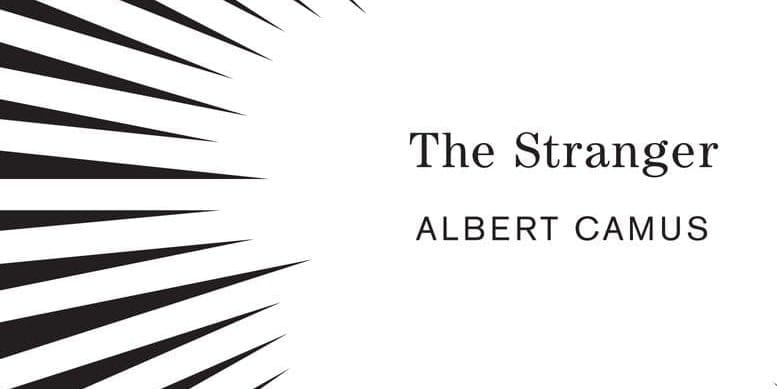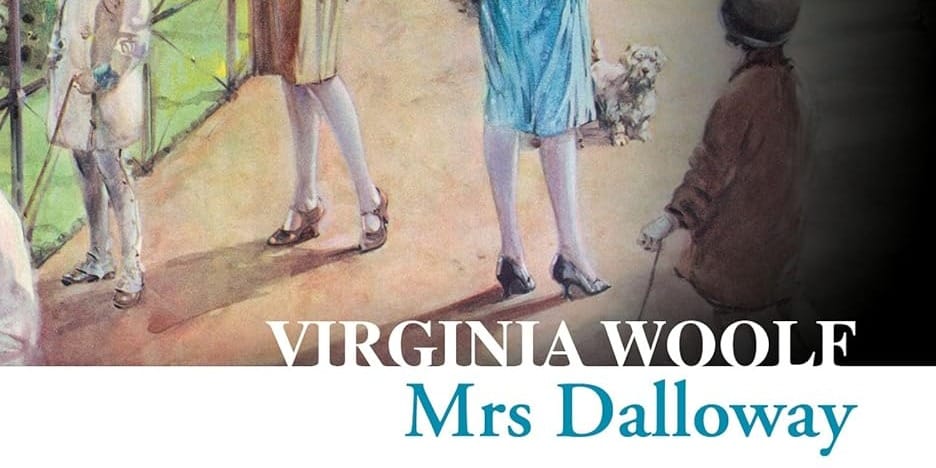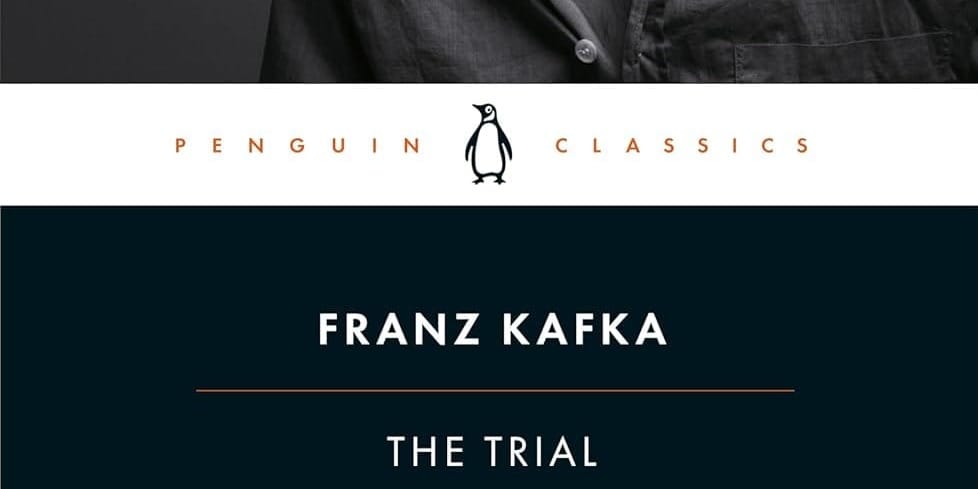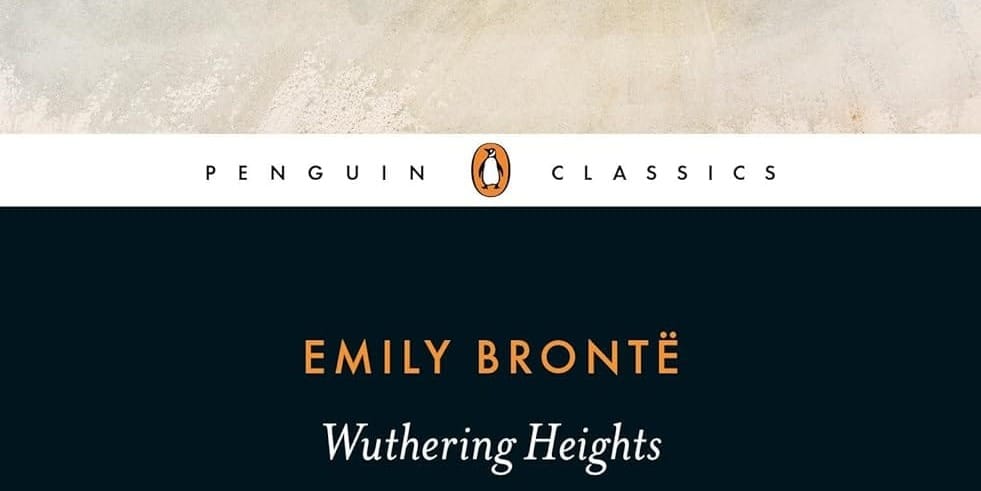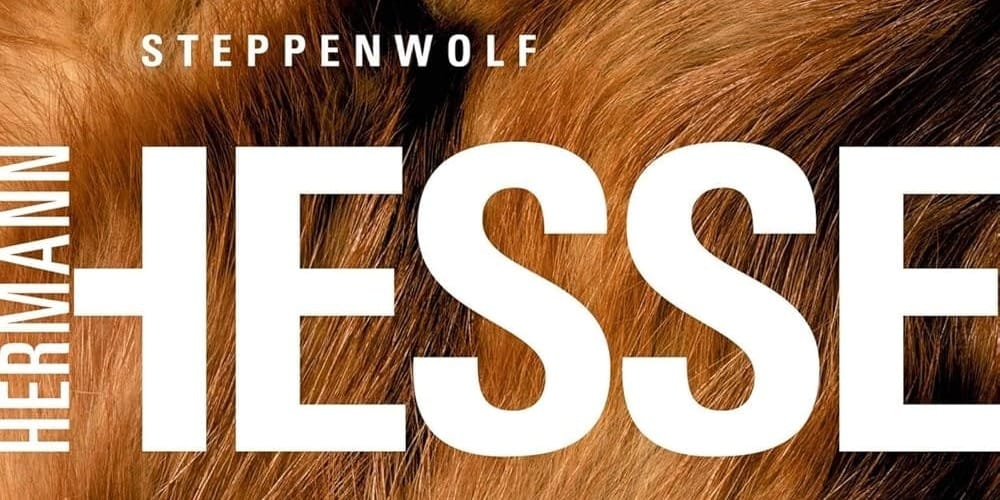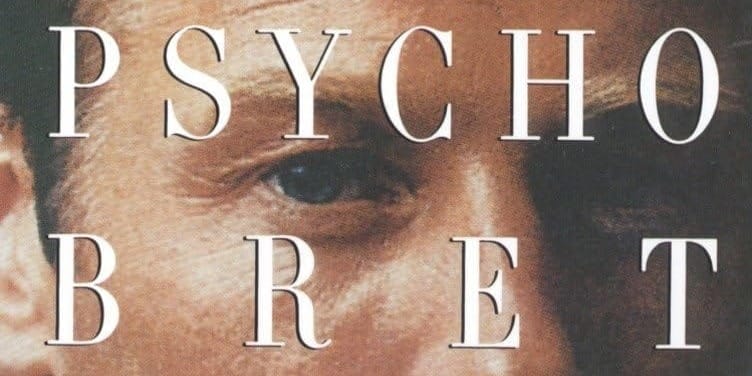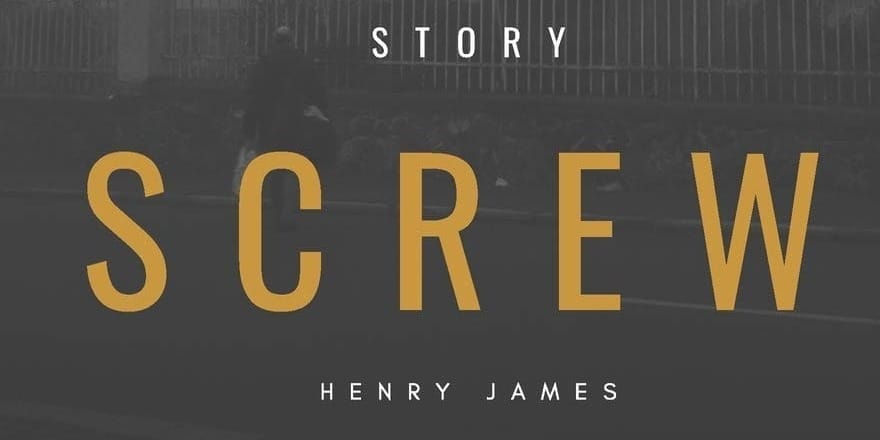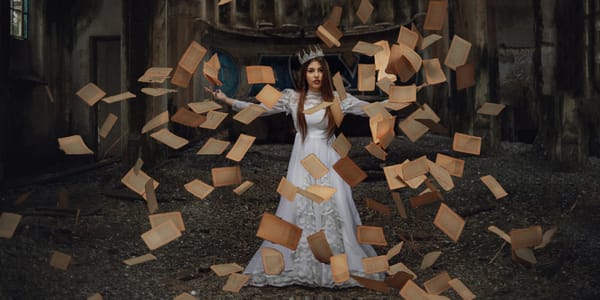There’s something undeniably magnetic about fiction that gets into our heads—books that whisper instead of shout, that linger in thought long after the final page. Psychological classics aren’t just stories; they’re mirrors, often fogged and fractured, showing us who we are, who we pretend to be, or who we fear becoming. These novels dig beneath plot and character into raw consciousness—where the mind stumbles, spirals, or rebels. If you’re drawn to literature that explores the tension between thought and emotion, sanity and delusion, this list is written for you.
Why Psychological Classics Still Speak to Us
Long before psychology was a formal science, literature was already doing the work—capturing the texture of thought, the weight of memory, the contradictions of identity. Psychological classics endure not because they solve the mysteries of the mind, but because they honor its complexity. These books offer a deep, often uncomfortable intimacy. They don't hand us answers but immerse us in unfiltered consciousness, forcing us to feel what it's like to unravel—or to hold it all together by a thread. In an age obsessed with clarity, they remind us that not everything in the mind is meant to be clean or understood.
Crime and Punishment by Fyodor Dostoevsky
No list of psychological classics can start without Dostoevsky. Crime and Punishment follows Raskolnikov, a broke student who murders an old pawnbroker in cold calculation—only to spiral into guilt, paranoia, and philosophical despair. What makes this novel so unforgettable is its relentless focus on moral psychology. Is Raskolnikov evil? Misguided? Insane? Dostoevsky lets you dwell in his tortured mind, giving you no clean answers—just a terrifyingly believable descent into the abyss. It’s intense, yes, but also weirdly illuminating. This is psychological fiction at its peak.
The Bell Jar by Sylvia Plath
Plath’s only novel is a raw, intimate descent into mental illness, drawing heavily on her own life. Esther Greenwood seems to have everything—a promising future, intelligence, and talent—but beneath it all, she’s unraveling. The way The Bell Jar captures her depression, the numbness, the disconnection from reality, still hits hard today. Plath’s poetic prose and brutal honesty make this more than a classic—it’s a landmark in literature that’s as relevant now as when it first shattered the silence around mental health.
Notes from Underground by Fyodor Dostoevsky
Yep, Dostoevsky again. This one’s shorter, weirder, and even more introspective. The unnamed narrator lives in self-imposed isolation, spewing venomous thoughts about society, free will, and his own spiteful contradictions. Notes from Underground is considered the first true existential novel, and it's like entering a consciousness unfiltered, festering, and maybe even prophetic. If you're into philosophy classics, this one's a must—raw, self-sabotaging, and disturbingly relatable.
The Stranger by Albert Camus
On the surface, it’s a simple story: Meursault, a French Algerian, kills a man and faces trial. But it’s not about what he does—it’s about what he doesn’t feel. The Stranger is the ultimate minimalist psychological novel. Camus' writing is stripped bare, just like Meursault’s emotional detachment. This isn’t cold for cold’s sake—it’s a confrontation with absurdity. It asks what meaning is, what emotion is, and whether indifference is a form of rebellion. An essential pick for fans of both psychological fiction and philosophical fiction.
Mrs. Dalloway by Virginia Woolf
Woolf’s stream-of-consciousness style lets you live an entire day in the mind of Clarissa Dalloway as she prepares for a party—and it’s anything but ordinary. Beneath the social niceties, Woolf explores memory, trauma, and mental illness with haunting delicacy. It’s also interwoven with the story of Septimus Smith, a war veteran suffering from severe PTSD. Mrs. Dalloway is like poetry that thinks, feels, and aches, all while challenging what it means to be sane in a world that demands masks.
The Trial by Franz Kafka
Kafka’s protagonist, Josef K., is arrested one morning without explanation and plunged into a nightmarish legal system that mirrors bureaucratic absurdity and internal anxiety. The Trial feels like being caught in a bad dream where the logic never works, and everyone else knows the rules except you. It’s psychological fiction with a touch of horror—perfect for readers who also appreciate dystopian classics and stories where inner panic meets external madness. The scariest part? It still feels wildly relevant.
Wuthering Heights by Emily Brontë
At first glance, this may seem more romance classic than psychological study—but make no mistake: Wuthering Heights is a deeply disturbing exploration of obsession, vengeance, and emotional decay. Heathcliff isn’t a brooding bad boy; he’s a man twisted by abuse and rejection. The way Brontë depicts destructive love, generational trauma, and the darker corners of human passion is borderline gothic horror. This is a classic that shakes, not soothes.
Steppenwolf by Hermann Hesse
Part novel, part philosophical treatise, Steppenwolf is the confession of Harry Haller, a man torn between his human intellect and wolf-like instincts. Through hallucinatory experiences and existential dialogues, Hesse dissects identity, isolation, and the psyche’s multiplicity. If you’re into stories that blur reality and introspection, this one will hit hard. It’s like therapy wrapped in fiction—deep, strange, and oddly healing.
American Psycho by Bret Easton Ellis
This one’s not for the faint of heart, but American Psycho is psychological fiction turned up to eleven. Patrick Bateman is a wealthy Manhattan professional who moonlights as a serial killer—or does he? The novel's genius lies in its ambiguity: Are we inside Bateman’s psychotic fantasies or watching his true self emerge in a society that rewards soulless ambition? It’s not your typical classic, but it has earned its spot through its chilling critique of identity, capitalism, and psychopathy.
The Turn of the Screw by Henry James
Is it a ghost story? A psychological meltdown? Both? Henry James never confirms. That’s the unsettling brilliance of The Turn of the Screw. A governess believes her young charges are possessed—but is she the only one seeing it? This ambiguous narrative keeps you doubting every perspective. The story plays with repression, hysteria, and reliability of perception, making it one of the most subtle yet disturbing psychological classics out there. Ideal for fans of mystery and thriller classics who like their horror slow-burning and cerebral.
Why These Books Still Matter
What unites all these psychological classics is their refusal to simplify the human mind. These books aren't just stories—they're explorations, dissections, even confrontations with what it means to think, feel, and sometimes fracture. From Dostoevsky’s moral agony to Camus’ absurdism, from Woolf’s mental nuance to Kafka’s bureaucratic despair, they ask uncomfortable questions and give even more unsettling answers.
If you’ve ever wandered through the shadowy corridors of gothic classics, these ten psychological novels are a natural next step. They’ll challenge your assumptions, stretch your empathy, and maybe even make you a little uncomfortable—which is exactly what great literature should do.
And in an era of endless noise and distraction, these works invite you to pause and turn inward. To read not just about characters, but about your own mind, mirrored in theirs. That’s the real magic of psychological fiction—it reminds you that you’re not alone in your thoughts, no matter how strange they may seem.
💬 Psst… Many of the books from the list are available to read for free with Kindle Unlimited or listen for free with Audible — both offer 30-day free trials for new users. Perfect if you’re trying to read (or listen to) more without spending more.
